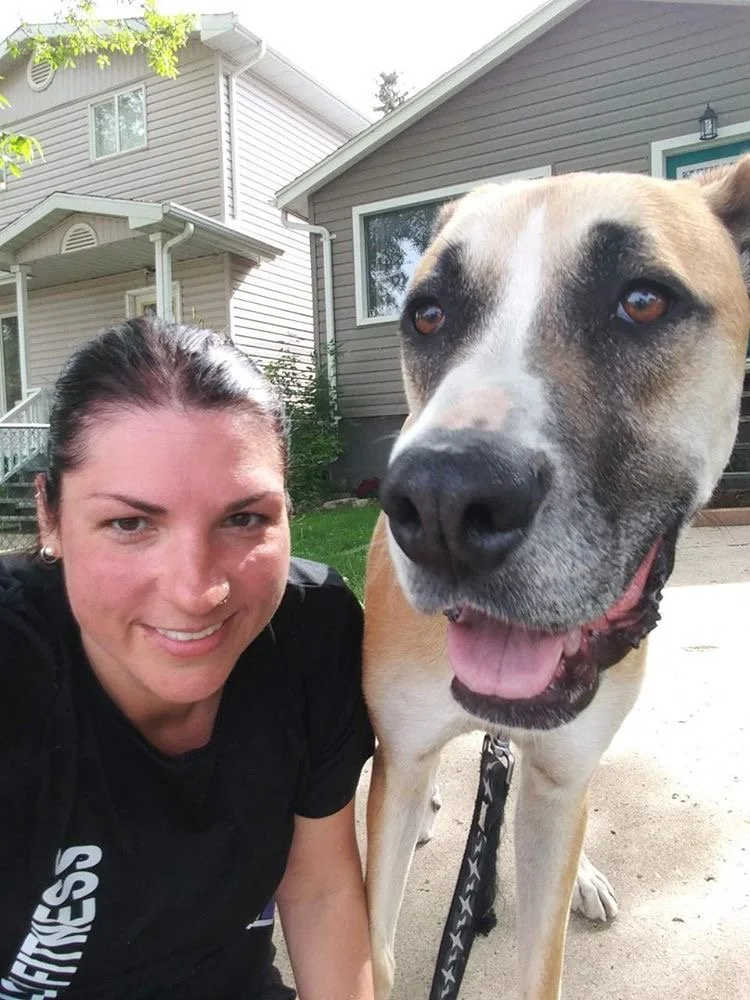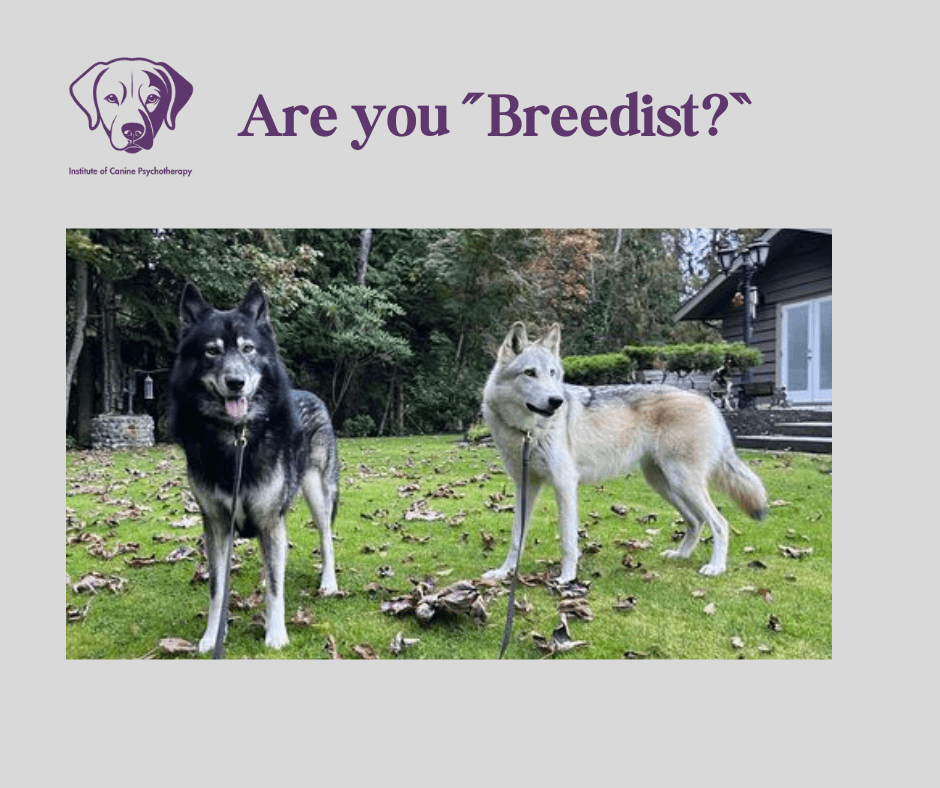Institute of Canine Psychotherapy Blog

Navigating the Unregulated Industry of Animal Welfare and Dog Behavior
Animal behavior and dog training are unregulated industries, but is this as bad as it is often portrayed?

Can Dogs Be Intrinsically Motivated?
To truly respect dogs as Sentient beings, we need to understand what is important to them as individuals and give them “choice and options” but is this the same as “decision-making, self-regulation and intrinsic motivation? (spoiler - no!) And, if they are capable of being intrinsically motivated, how do we achieve this?

Psychotherapeutic Practices for Dogs: Canine Cognitive Behavioral Therapy-Part 3 of 3 of “Connecting Canine Behavior and Animal Welfare” series
Adolescent dogs deserve to be treated as thinking, feeling beings with a high level of cognitive skills - in fact, this why many street dogs (free-roaming), abused dogs, neglected dogs are still alive! Did you know dogs can be motivated intrinsically? By incorporating human-based therapeutic methods into canine behavioral training , we can change the way we relate to dogs, and thus positively impact animal welfare.

Canine Brain Development and the Impact on Dog Behavior - Part 2 of 3 of “Connecting Canine Behavior and Animal Welfare” series
Adolescent dogs are the most likely to be surrendered, with behavioral reasons being a leading factor. But, should we blame the dog for “bad behavior”? Perhaps, we need to look at the methods (part 1) and Canine Brain Development (more fun than it sounds). By understanding how dog’s think and feel and learn, we can nurture the human-canine bond, prevent unwanted dog behavior, and address issues calmly and effectively as they arise.

Decoding Dog Training Methods - Part 1 of 3 of “Connecting Canine Behavior and Animal Welfare” Series
Dog Training can be a confusing world to navigate. Everyone provides dog training tips and has opinions based on personal experiences. Even advice from dog trainers and canine experts can be challenging to navigate. By understanding the core fundamentals of dog training methods, you can make educated decisions as pet parents AND save time, money, and frustration.

“Sentience” - Dogs Have Emotions…and More!
“Sentience” - sounds great! How do we put this into practice?

Spay and Neuter Clinics - How You Can Be Part of the Animal Welfare Solution!
Have you thought about volunteering at spay and neuter clinic, but hesitated because you do not know where to start? That is normal, and, rest assured, most animal lovers who volunteer did not plan for the experience they got - and that is a good thing!

Are Two Dogs Better Than One Dog?
Two Dogs, Three Dogs, Four doggos? Why not? Here are some points to consider.

Take Your Dog to the Beach - in the winter?
Taking your dog to the beach in the winter provides a great opportunity for exercise and bonding. But, it can also come with some challenges!

Senior Dogs: The Hidden Gems
Senior dogs make wonderful pets! So, why do people shy away from adopting them? Most importantly, are these reasons justified?

Self-Care Isn’t Selfish: Why Prioritizing Yourself Is Essential
Pet professionals, animal advocates, and dog shelter and rescue volunteers work under the “one more dog” “one more push” “one more day” umbrella. And this can be exhausting, leading to burn-out and emotional deterioration.
Dog and Human Relations expert, Michael Overlie, changes your mindset to advance your impact. His course provides essential, easy to apply, exercises that put this mindset into action.

Dog Behavior - the psychology behind dog training methods.
To safely, easily, and effectively bring dogs into new environments, address trauma related emotions and behaviors, prevent common behavioral issues, and create a bond that respects autonomy, we need to focus on the underlying cognition and emotions driving behavior, not on the behavior itself.


Dog Breeds - Does the breed of your dog affect personality?
Breed is simply one factor, of many, that creates the entire being of the individual. Common characteristics should not be viewed as "good and positive" or "bad and negative," but rather as factors that can aid in our ability to work with each dog on an individual basis to address behaviors stemming from emotions and cognition.

Dog Lovers Unite! Why is this challenging?
In a recent "chinwag" with a colleague, we discussed common topics surrounding animal welfare, which was pleasant. Then I asked about her upcoming conference on canine behavior and welfare. She became visibly uncomfortable

